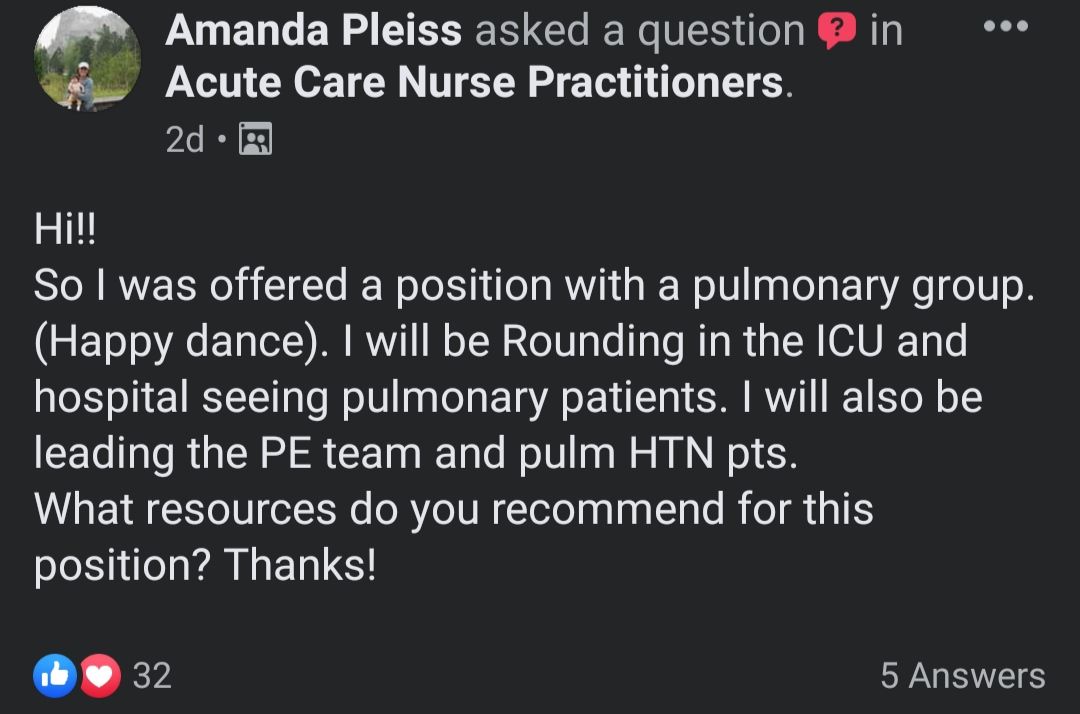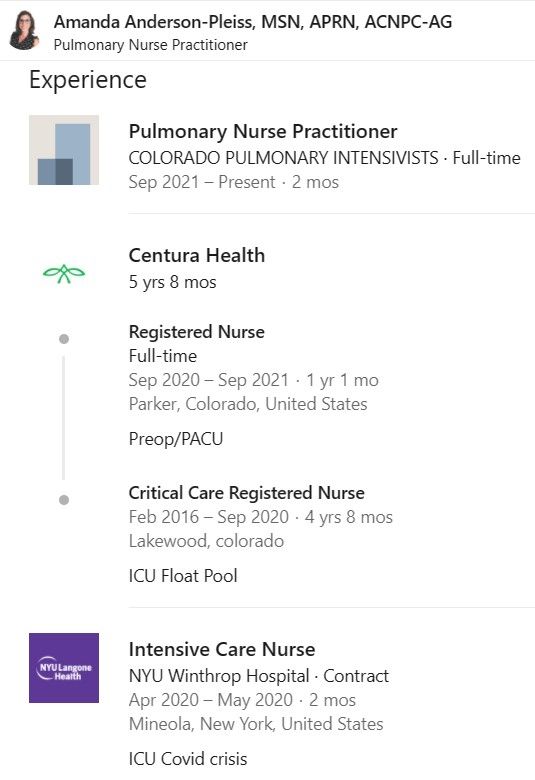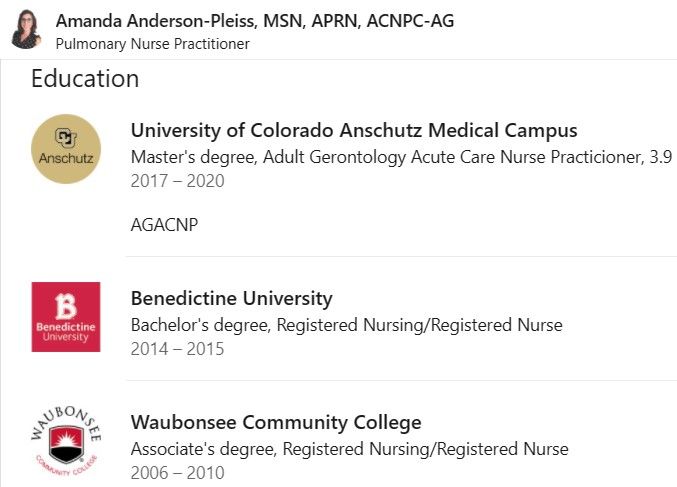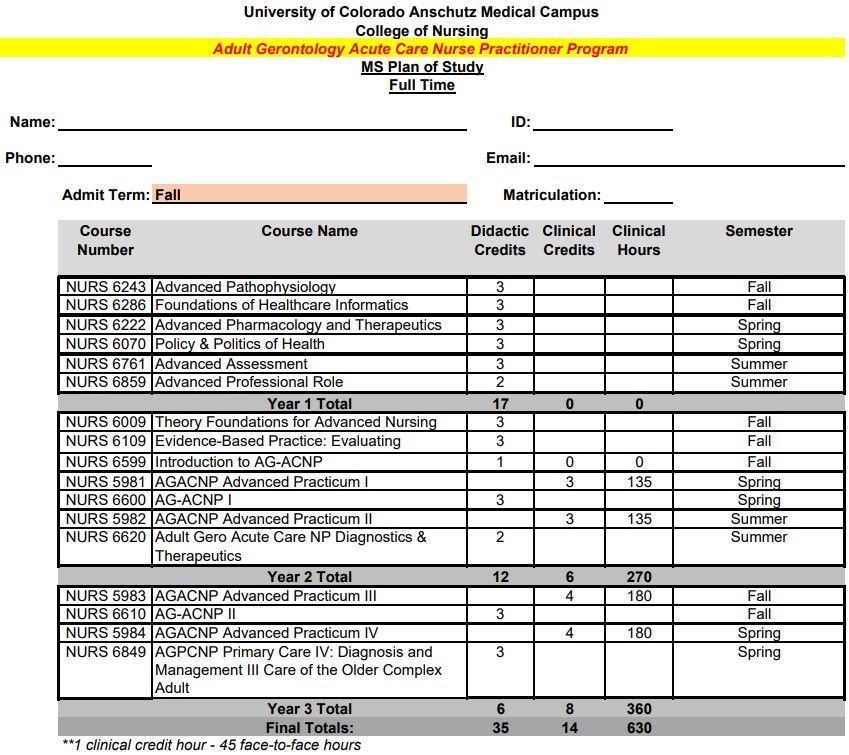The happy dance of ignorance
💬 comments

When lying in the ICU with a big, fat, pulmonary embolism (or any other life-threatening and potentially hemodynamically unstable medical condition), presumably you would want the individual with the highest level of medical knowledge and training caring for you, e.g. a board-certified physician with additional subspecialty fellowship training in critical care medicine, and not a newly-minted midlevel nurse practitioner who was just "offered a position" and is now asking the Facebook peanut gallery "what resources [they] recommend for this position".



At the risk of sounding pedantic, here's the "resources" we would recommend instead of an online NP program offering one class in "Advanced Pathophysiology": four years of medical school, 3-4 years of training in an ACGME-accredited internal medicine, emergency medicine, or anesthesiology residency program, followed by a fellowship in pulmonary/critical care medicine. Hopefully, sometime along the way, this midlevel NP will also find the time to thoroughly peruse Harrison's Internal Medicine as well as Marino's The ICU Book. Nevertheless, if our previous midlevel horror stories are any indication, one can quickly surmise that the finer points of complex topics such as acid-base disorders, lung physiology, and ventilator settings will quickly be lost on the feeble, smooth-brained midlevel mind. And yet, this NP will somehow be "leading the [pulmonary embolism] team"? Hot damn, the marijuana in Colorado must be much more potent than we thought.